In the post-COVID-19 environment, access to digital devices and the internet has become a must-have for school assignments, healthcare, communicating with friends and family, finding a job, or starting a business. Yet many South African families remain unconnected and are thus excluded from the opportunities that connectivity provides.
According to The State of ICT in South Africa report, most South Africans cannot afford to connect online due to data costs, and lack of internet-enabled devices. Data costs in South Africa are notoriously high when compared to other emerging markets, with research showing that SA’s data costs are about six times higher when compared to other emerging economies.
“But the pandemic, which has accelerated the reliance on digital platforms, has made the need for high-speed internet access more urgent than ever before,” says Lee Ramsden of Standard Bank.
“At the same time, however, consumers are under enormous financial pressure. As a country, it is critical that we focus on bringing down the cost of internet to ensure equal opportunities for the country’s citizens, which will ultimately accelerate economic and social development,” Ramsden adds.
There has been a significant uptick in demand for internet access because of the pandemic and remote working and learning. In 2021, 36.45 million South Africans accessed the internet through any kind of mobile device. In 2026, this figure is projected to amount to almost 43 million mobile internet users, up by 17.5% from 2021, figures from Statista shows.
Recently, Standard Bank became the first bank in the country to launch a fixed-LTE solution, through Standard Bank Mobile, with prices ranging from as low as R39 ($2.66) per month for 5GB(Top-up) “once-off anytime data” to R799 ($54.55) per month for 1000GB “anytime data”.
Standard Bank’s fixed-LTE solution allows for a data connection without the physical fibre infrastructure but still offers the benefit of a high-speed data connection.
“It is important to us that our customers are connected, provided with products that allow them to be digitally enabled, are easy to install, and also allow for easy top up and management through our website,” says Ramsden.
The fixed-LTE service is designed to be used at your home, office, or at a specific location, and the service will be locked to the address for which you placed the order. If you decide to move, you can request to have your Standard Bank Fixed-LTE moved to another location up to two times per calendar year.
Fixed LTE from Standard Bank Mobile offers Standard Bank Customers a subsidized router and data. Data allocations vary depending on which bank account you hold. Customers can also top up their data with recurring or once-off data bundles depending on their needs.
From its launch in August 2021 until March 2022, Standard bank Mobile has sold 879 fixed-LTE products. Ramsden says that this is only expected to increase as demand for affordable, high-speed internet increases in the years to come.
“Standard Bank Mobile offers customers an opportunity to purchase devices for less, to access affordable and even in some cases, free data – simply for banking with us! It is hoped that by providing reliable and affordable internet and device access, we can fast track the development of a South Africa where everyone has access to the opportunities that the digital world provides,” Ramsden says.
Edited by Zintle Nkohla
Follow Zintle Nkohla on Twitter
Follow IT News Africa on Twitter
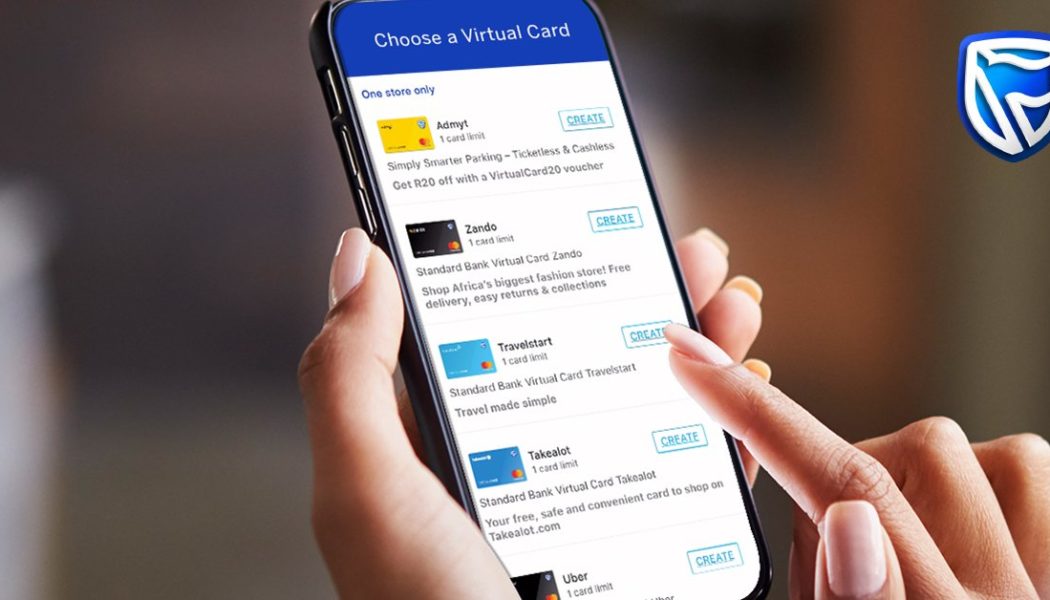

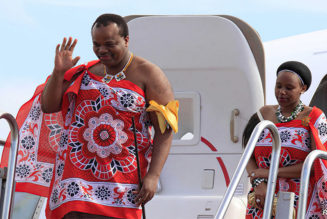
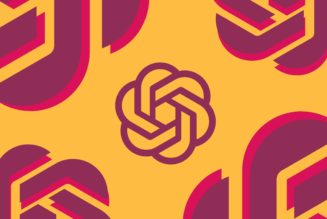



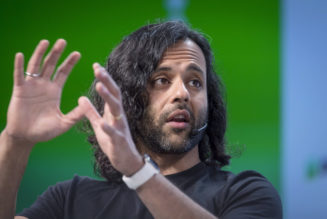
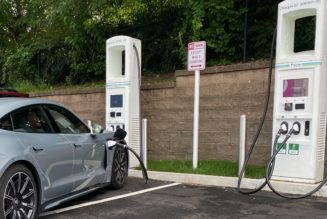

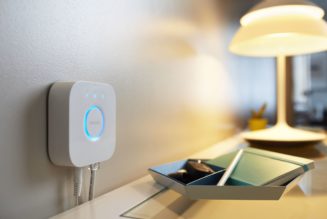
Tagged: Affordable Internet South Africa, digital devices, digital platforms, Fibre Infrastructure South Africa, Fixed LTE-solution, High-internet speed, ICT in SA, Internet, IT, IT News, Mobile and Telecoms, mobile devices, Mobile internet users in SA, Reliable internet connection in SA, Remote Learning, Remote working, SA Data Costs, standard bank, Standard Bank Mobile, Standard Bank SA, tech news, technology